Study recommends new research, training and funding priorities to help fill ‘knowledge gaps’ on farmed fish species
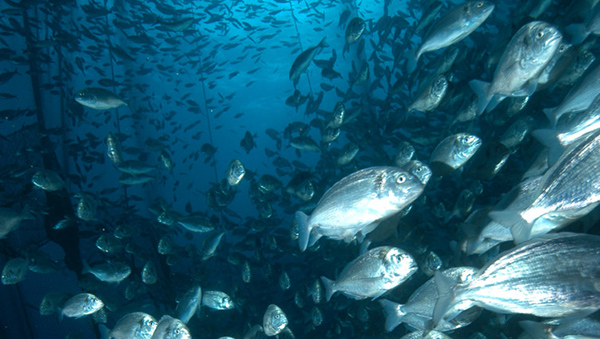
In December 2022, the Aquaculture Advisory Council (AAC) to the European Commission released a report on how to improve the welfare of farmed fish and aquaculture production on the continent.
The study, which was conducted by researchers at the Algarve Centre of Marine Sciences (CCMAR-Algarve), aims to provide insight and advice to the European Commission, Member States and European decision-makers on the benefits of using the increasing knowledge about the behavior and ethology of farmed fish. The study focuses on the behavioral and welfare needs of the five main species farmed in the European Union (EU): sea bass, sea bream, salmon, trout and carp.
In the report, a definition of animal welfare is proposed, allowing the testing, validation and implementation of measures that improve the welfare and production of aquaculture fish. It also identifies the main challenges faced by captive farmed fish: environmental (water quality, light, temperature), ethological (space, density, reproduction), physiological (pain, disease, parasites, stress) and human-induced (handling, slaughter, transport).
The report also pinpoints future research priorities, including addressing knowledge gaps on the natural behavior of farmed species, which can inform animal welfare. The researchers also suggest the development of environmental enrichment strategies and the development of technological tools to monitor farmed fish.
To integrate and implement these recommendations, the researchers propose the creation of training courses at different levels, as well as the establishment of the European Reference Centre of Fish Welfare. Priorities for research on the welfare of farmed fish in Europe and funding priorities are also explored.
Follow the Advocate on Twitter @GSA_Advocate
Now that you've reached the end of the article ...
… please consider supporting GSA’s mission to advance responsible seafood practices through education, advocacy and third-party assurances. The Advocate aims to document the evolution of responsible seafood practices and share the expansive knowledge of our vast network of contributors.
By becoming a Global Seafood Alliance member, you’re ensuring that all of the pre-competitive work we do through member benefits, resources and events can continue. Individual membership costs just $50 a year.
Not a GSA member? Join us.
Author
Tagged With
Related Posts
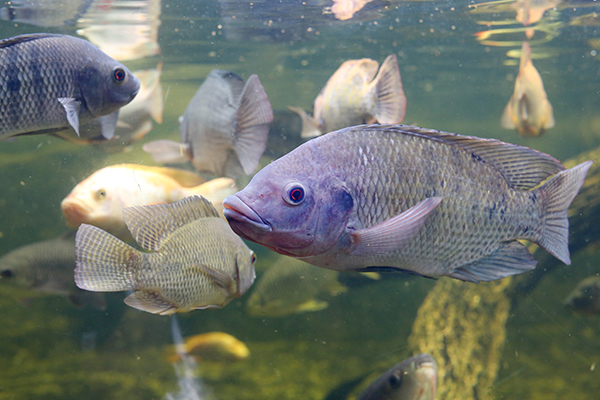
Health & Welfare
FAI launches free Tilapia Welfare App for fish farmers
FAI Farms’ Tilapia Welfare App enhances production by integrating well-established animal welfare science into farmers’ daily routines.
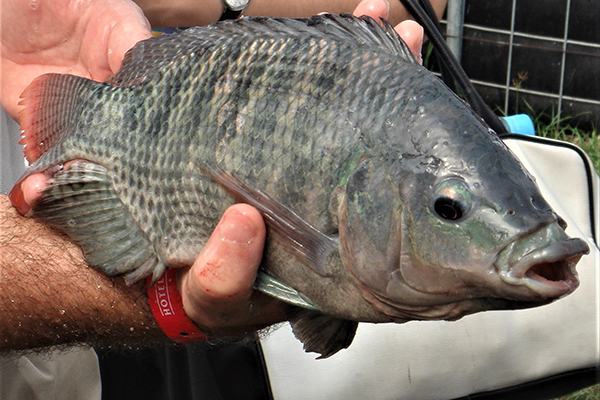
Health & Welfare
Tilapia producer: Stunning technology a major fish welfare advancement
One of the world's largest farmed tilapia producers will introduce in-water controlled stunning at its processing facilities to improve fish welfare.
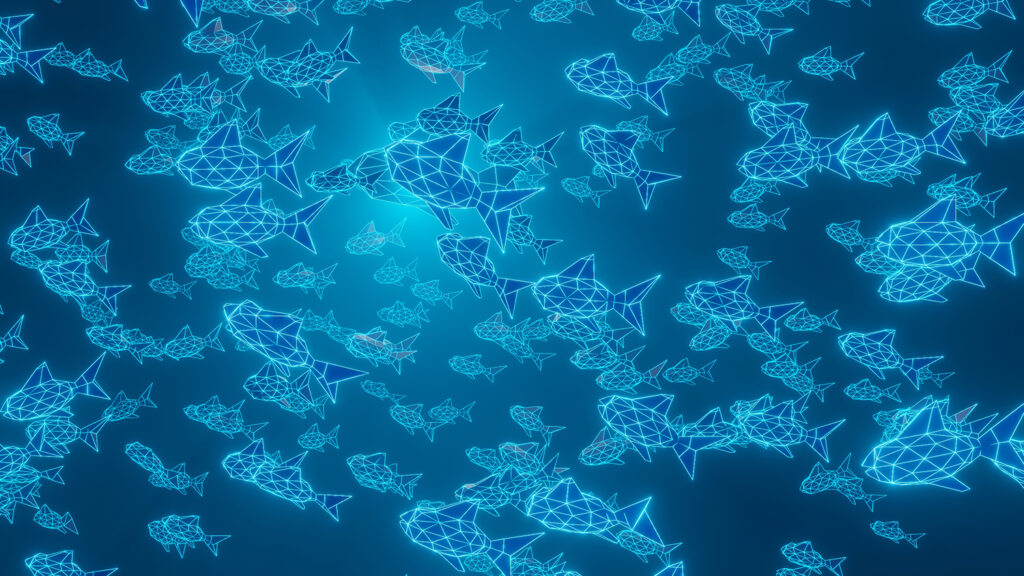
Innovation & Investment
‘AI ticks all the boxes’ and is proving to be a perfect match for aquaculture
Artificial intelligence (AI) is rippling through the aquaculture industry, promising greater efficiencies and insights, as well as investor interest.
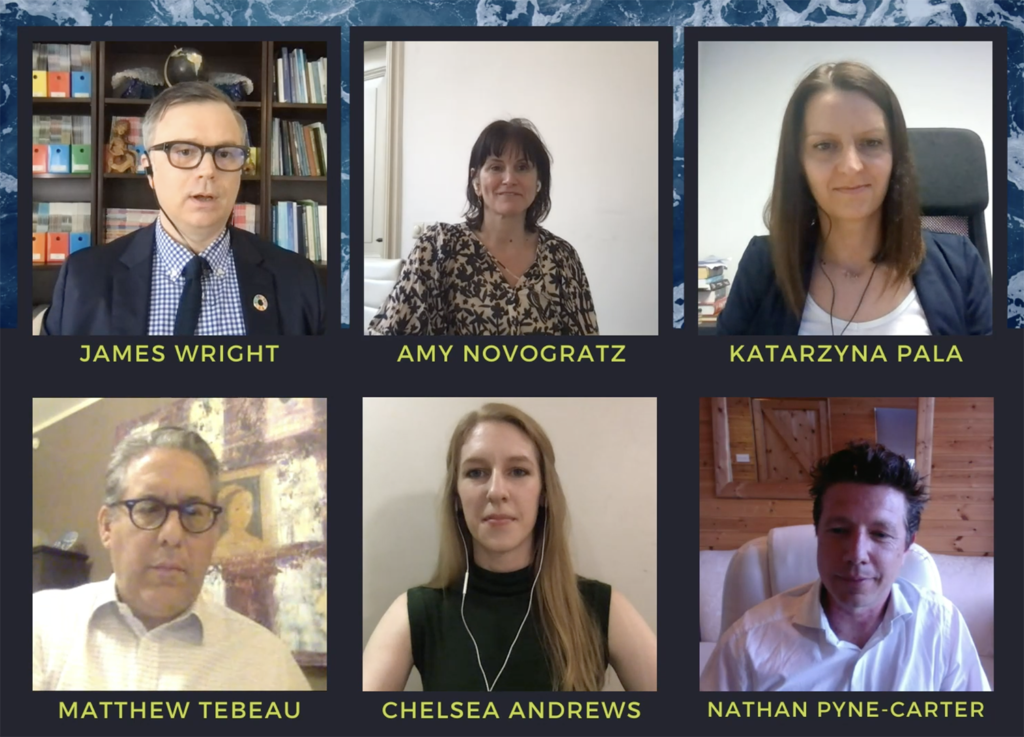
Innovation & Investment
Entrepreneur Tony Fadell joins GOAL 2021 to talk technology and aquaculture
Former Apple and Google developer Tony Fadell told GOAL attendees that new technologies must smooth the pathway to the marketplace.



